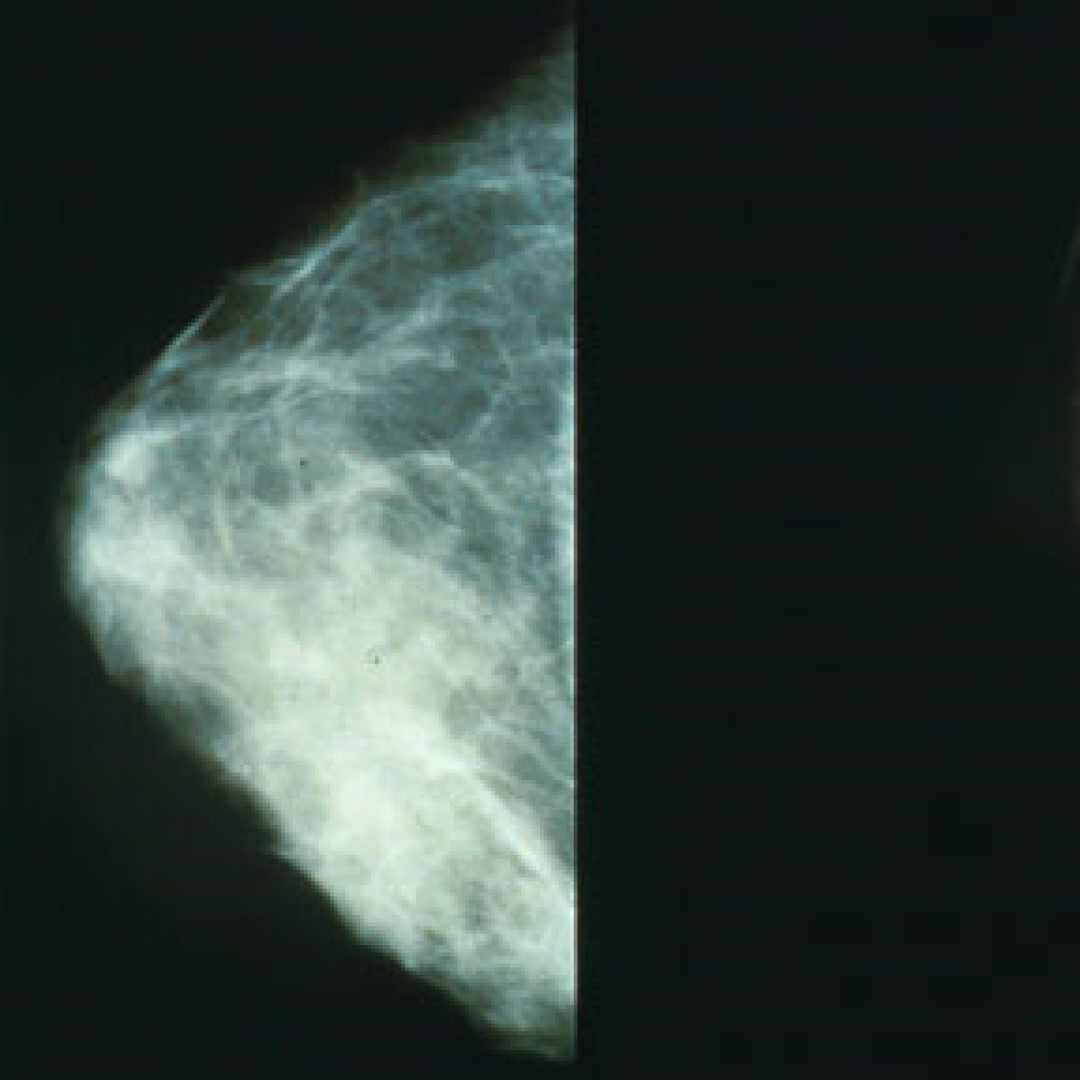
False-positive mammogram results discourage some women from future screenings
On Sept. 3, 2024, a major study led by the UC Davis Comprehensive Cancer Center (UC DAVIS) has found that women who received a false-positive result that required additional imaging or biopsy were less likely to return for that follow-up screening.
Early detection of breast cancer through mammography screening continues to save lives. However, abnormal findings on mammograms can lead to women being recalled for additional imaging and biopsies, many of which turn out to be “false positives,” meaning they do not result in a cancer diagnosis. False positives can also have financial implications for patients and cause significant emotional anxiety.
The research, published in the Annals of Internal Medicine, analyzed data on more than 3.5 million screening mammograms nationwide performed between 2005-2017 on over 1 million patients aged 40 to 73. The study found that 77% of women with a negative result from a mammogram returned for subsequent screening. But this percentage dropped to 61% after a false-positive finding requiring another mammogram in six months to confirm the results and 67% if a biopsy was recommended. The impact was even more pronounced for women who received false-positive results on two consecutive mammograms recommending short-interval follow-up—only 56% returned their next screening mammogram.
Tags:
Source: University of California, Davis Comprehensive Cancer Center
Credit:
